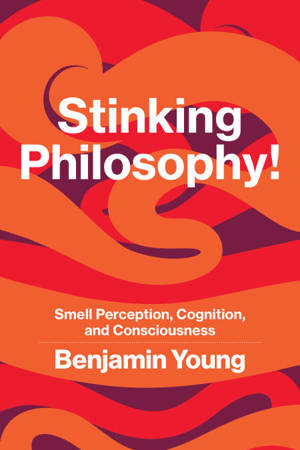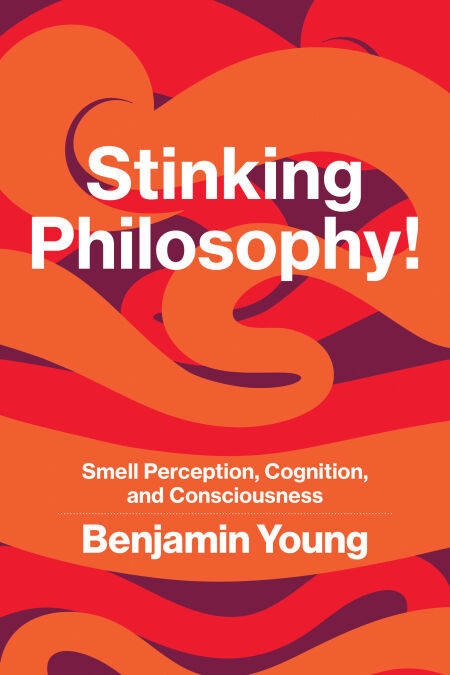
- Afhalen na 1 uur in een winkel met voorraad
- Gratis thuislevering in België vanaf € 30
- Ruim aanbod met 7 miljoen producten
- Afhalen na 1 uur in een winkel met voorraad
- Gratis thuislevering in België vanaf € 30
- Ruim aanbod met 7 miljoen producten
Zoeken
Stinking Philosophy! E-BOOK
Smell Perception, Cognition, and Consciousness
Benjamin Young
E-book | Engels
€ 44,35
+ 44 punten
Omschrijving
The nature of olfaction; its importance for understanding perennial issues of philosophy of mind, perception, and consciousness; and its implications for cognitive neuroscience.
What are smells? Despite the best efforts of philosophy and the chemosciences, the question remains vexing—but no more perplexing than the historical lapse of the past centuries to seriously consider a sense that has a key place in philosophy of mind and perception. Stinking Philosophy! is Benjamin Young’s answer to this critical lapse. Drawing together more than a decade's research on olfactory philosophy, the book offers a clear, comprehensive look at the nature of odors—how we perceive smells, how we cognitively represent odors, how we communicate about them as categories, and what they can tell us about consciousness.
In Stinking Philosophy! Young presents a methodology for addressing the philosophical and conceptual issues raised by the sense of smell. Then, in an exacting and coherent fashion, he explores how the philosophy of smell contributes to—and advances—a wide range of debates within philosophy of mind, perception, and cognitive neuroscience. Ultimately, his work demonstrates how empirically informed philosophy can have a significant impact on interdisciplinary research on smell across philosophy, the chemosciences, and neuroscience.
What are smells? Despite the best efforts of philosophy and the chemosciences, the question remains vexing—but no more perplexing than the historical lapse of the past centuries to seriously consider a sense that has a key place in philosophy of mind and perception. Stinking Philosophy! is Benjamin Young’s answer to this critical lapse. Drawing together more than a decade's research on olfactory philosophy, the book offers a clear, comprehensive look at the nature of odors—how we perceive smells, how we cognitively represent odors, how we communicate about them as categories, and what they can tell us about consciousness.
In Stinking Philosophy! Young presents a methodology for addressing the philosophical and conceptual issues raised by the sense of smell. Then, in an exacting and coherent fashion, he explores how the philosophy of smell contributes to—and advances—a wide range of debates within philosophy of mind, perception, and cognitive neuroscience. Ultimately, his work demonstrates how empirically informed philosophy can have a significant impact on interdisciplinary research on smell across philosophy, the chemosciences, and neuroscience.
Specificaties
Betrokkenen
- Auteur(s):
- Uitgeverij:
Inhoud
- Aantal bladzijden:
- 248
- Taal:
- Engels
Eigenschappen
- Productcode (EAN):
- 9780262379434
- Verschijningsdatum:
- 5/08/2024
- Uitvoering:
- E-book
- Beveiligd met:
- Adobe DRM
- Formaat:
- ePub

Alleen bij Standaard Boekhandel
+ 44 punten op je klantenkaart van Standaard Boekhandel
Beoordelingen
We publiceren alleen reviews die voldoen aan de voorwaarden voor reviews. Bekijk onze voorwaarden voor reviews.







